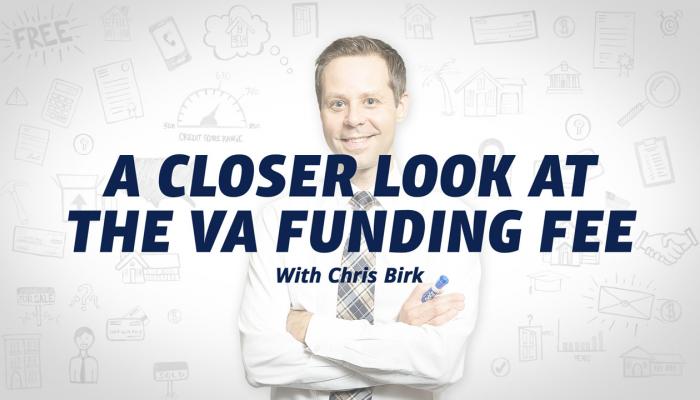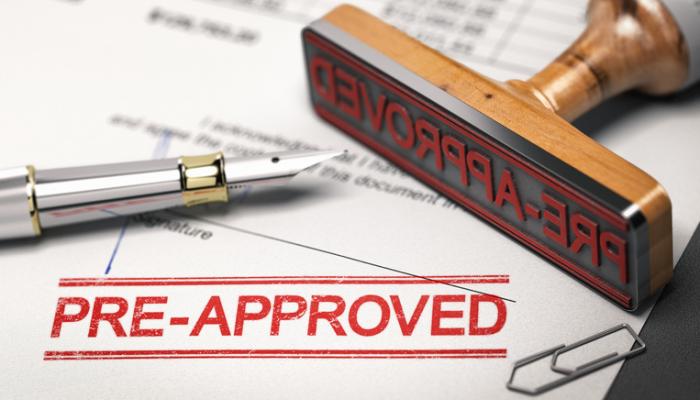Getting a VA home loan can be more challenging if there’s a civil judgment showing up on your credit report. These typically appear after a creditor takes a consumer to court because of unpaid debts.
Getting a VA home loan can be more challenging if there’s a civil judgment showing up on your credit report. These typically appear after a creditor takes a consumer to court because of unpaid debts.
If you fail to respond to a lawsuit or you lose in court, the judge can order you to repay what you owe. To ensure they get paid, creditors who receive a favorable judgment can attach what’s known as a lien to your home or personal property. A lien acts as security for your unpaid debt.
Having a judgment or a lien can make it challenging to sell a home, refinance an existing mortgage, or buy a new house. But it’s not an automatic deal-breaker when it comes to getting a VA loan.
Getting a VA Loan After a Judgment
Some consumers may be able to pay what they owe immediately or set up a satisfactory payment plan with the creditor.
At Veterans United, we currently require those judgments either be paid in full, or the borrower must be able to show a 12-month history of on-time payments. If the judgment isn’t at least 12 months old, a shorter payment history may be acceptable as long as the borrower began a repayment plan immediately after the judgment.
Prospective VA buyers will also need to provide a written letter of explanation regarding the judgment and repayment plan.
Creditors can also ask a court to garnish a consumer’s wages if they refuse to pay a judgment or fall behind on scheduled payments. Garnishment means a portion of what the consumer owes gets taken out of every paycheck until the debt is satisfied.
Borrowers subject to wage garnishment may be able to move forward with a 12-month history of satisfactory payments. Lenders would count the garnishment as a monthly debt when evaluating your affordability situation.
Sellers Paying Off Judgments
For VA buyers, part of their closing cost negotiations with a home seller can include having the seller pay off a judgment at closing.
Generally, the seller would use proceeds from the home sale to satisfy the debt and help the loan close.
The VA allows sellers to pay for all of a buyer’s loan-related closing costs and up to 4 percent of the purchase price. This is known as concessions. Paying off a judgment at closing would count against that cap on seller concessions.
To be sure, having a judgment on your credit report can make the homebuying journey more challenging. Talk with a loan officer if you’re heading into the home purchase with a judgment on your credit report.
Answer a few questions below to speak with a specialist about what your military service has earned you.
Related Posts
-
 2024 VA Funding Fee: Complete Explainer with Charts and ExemptionsThe VA funding fee is a governmental fee required for many VA borrowers. However, some Veterans are exempt, and the fee varies by VA loan usage and other factors. Here we explore the ins and outs of the VA funding fee, current charts, who's exempt and a handful of unique scenarios.
2024 VA Funding Fee: Complete Explainer with Charts and ExemptionsThe VA funding fee is a governmental fee required for many VA borrowers. However, some Veterans are exempt, and the fee varies by VA loan usage and other factors. Here we explore the ins and outs of the VA funding fee, current charts, who's exempt and a handful of unique scenarios. -
 Can Your Mortgage Be Denied After Preapproval?It is possible for you to get denied for a home loan after being preapproved. Find out why this may happen and what you can do to prevent it.
Can Your Mortgage Be Denied After Preapproval?It is possible for you to get denied for a home loan after being preapproved. Find out why this may happen and what you can do to prevent it.


